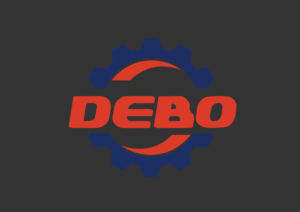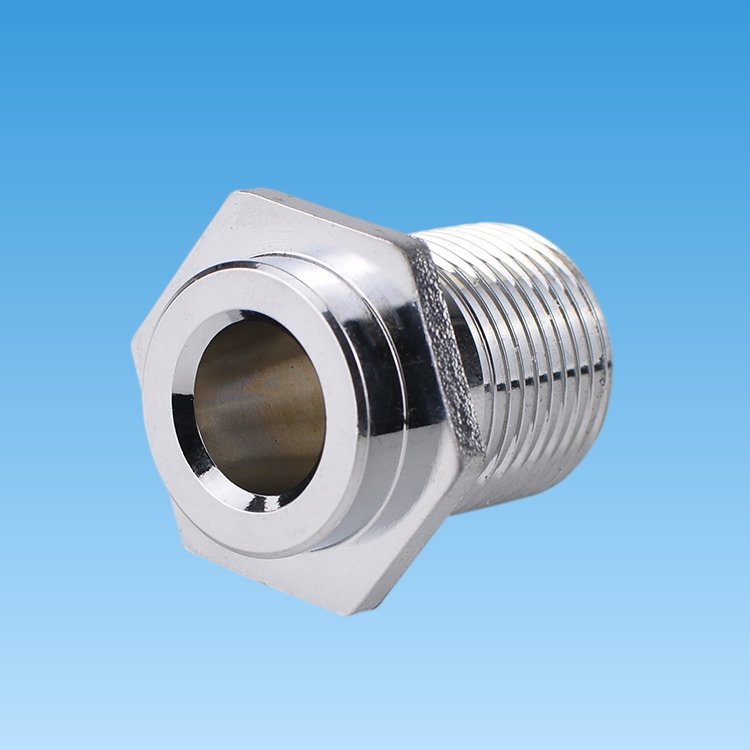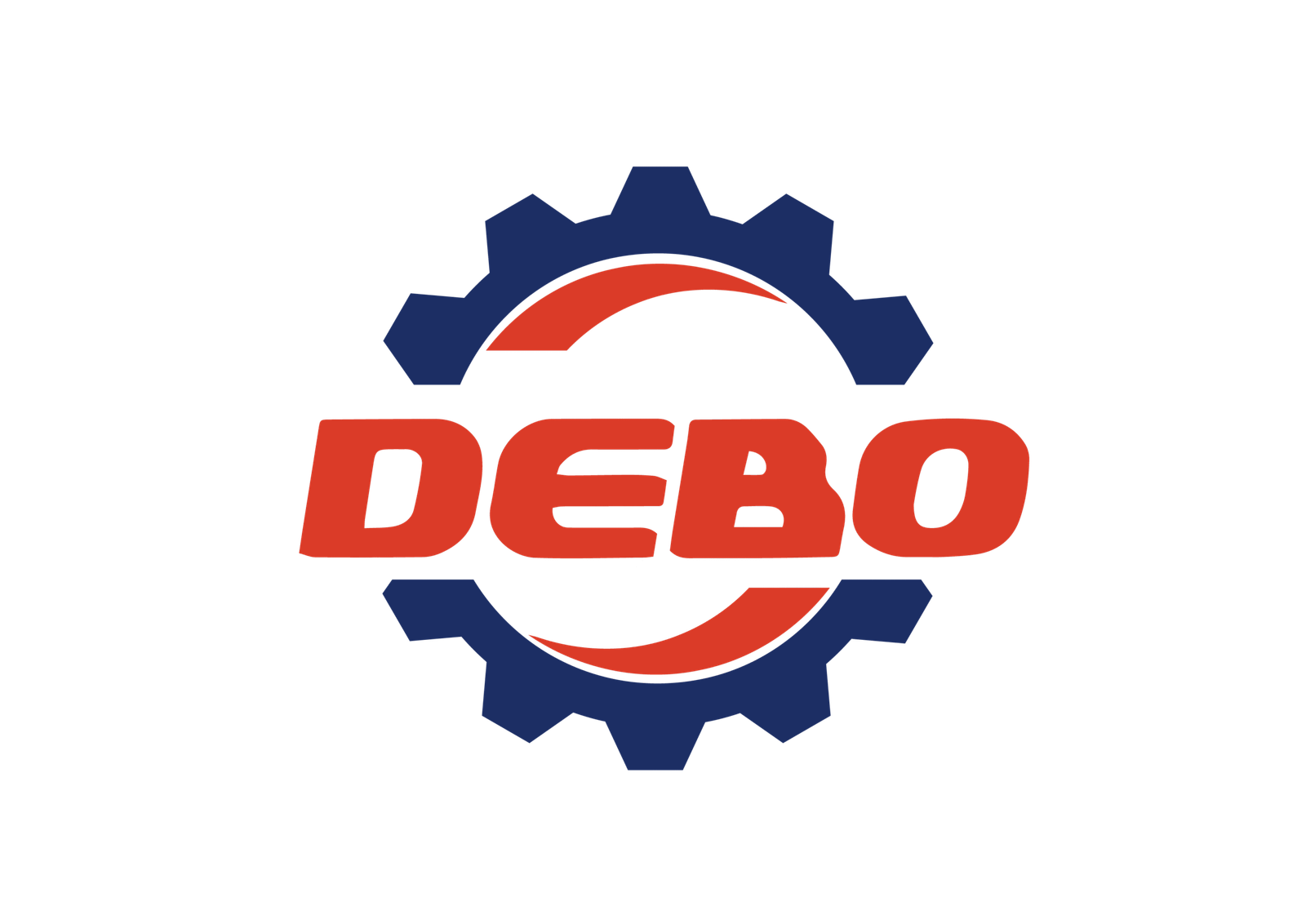Ⅰ. Overview of Thread Locking Adhesives
Thread locking adhesives are widely used in industrial applications where fastener stability, sealing, anti-corrosion, and vibration resistance are critical. By applying these specific adhesives to threaded connections, the performance of fasteners is significantly improved. With the increasing need for secure and durable fastening solutions, various brands have developed distinct thread-locking adhesives. This article introduces ten internationally recognized thread-locking adhesive brands, analyzing their advantages and disadvantages to help companies make the best choice according to their needs.
Ⅱ. Common Thread Locking Adhesive Brands
- Loctite
Loctite, a brand under the Henkel Group, is a global leader in the thread-locking adhesive market. Its products are known for their strong anti-loosening properties, wide application range, and high quality.
Advantages:
- Strong Anti-Loosening Effect: Loctite’s anaerobic adhesives (such as Loctite 242, Loctite 271) are highly effective at preventing loosening in high-vibration environments, ensuring fastener stability.
- Excellent Sealing Properties: Loctite’s anaerobic sealants are ideal for preventing gas and liquid leakage, making them suitable for fuel systems and gas pipelines.
- Wide Range of Products: Loctite offers a variety of thread-locking adhesives that are suitable for different operational environments.
- Global Recognition: As an industry leader, Loctite ensures reliable quality and strong technical support.
Disadvantages:
- Higher Price: Loctite’s products tend to be more expensive, which may not be suitable for companies with limited budgets.
- Quick Curing Time: Some Loctite adhesives cure quickly, which may not be ideal for applications that require more time for assembly.
- 3M
3M is a globally recognized company that provides thread-locking adhesives known for their high performance and innovative solutions, particularly in the automotive and aerospace industries.
Advantages:
- Superior Sealing: 3M adhesives provide exceptional sealing, particularly for liquid and gas leakage prevention.
- High-Temperature Resistance: Many of 3M’s thread-locking products perform well in high-temperature environments.
- Multifunctionality: 3M adhesives serve not only to lock threads but also provide lubrication and corrosion resistance.
Disadvantages:
- Longer Curing Time: Compared to other brands, 3M adhesives may have a longer curing time, which can delay assembly.
- Higher Cost: Some of 3M’s high-performance products can be more expensive, making them less suitable for cost-sensitive projects.
- Henkel
Henkel, another major player in the adhesive industry, offers a wide range of thread-locking adhesives that are particularly popular in mechanical manufacturing, automotive, and construction industries.
Advantages:
- Excellent Corrosion Resistance: Henkel’s adhesives provide strong protection against corrosion, which enhances the longevity of fasteners.
- High Cost-Effectiveness: Henkel products tend to be more affordable than some premium brands, providing a better cost-to-performance ratio.
- Environmental Considerations: Henkel promotes sustainable manufacturing, and some of their products are environmentally friendly.
Disadvantages:
- Slower Curing Time: Some of Henkel’s products have a slower curing time, which may not be ideal for fast-paced manufacturing processes.
- Narrower Application Range: Henkel products might not be suitable for highly specialized, high-performance needs compared to brands like Loctite or 3M.
- Permatex
Permatex is known for its focus on the automotive and industrial maintenance sectors. Its thread-locking products are widely used in repair and maintenance applications.
Advantages:
- Automotive Focus: Permatex products are particularly suitable for automotive applications, offering excellent anti-loosening for engine bolts.
- Ease of Use: Permatex adhesives are easy to apply, making them ideal for quick repairs and emergency fixes.
- Affordable: Permatex is relatively budget-friendly, offering good value for money.
Disadvantages:
- Not Ideal for High-Temperature Environments: Permatex adhesives may not perform as well in extreme temperature or high-load conditions compared to high-end brands.
- Limited to Certain Industries: While Permatex is excellent for automotive and general mechanical uses, it may not be suitable for highly specialized industries.
- Loctite® 567
Loctite® 567 is a thread-sealing adhesive used mainly for high-temperature and high-pressure applications, particularly in industrial pipelines.
Advantages:
- High-Temperature and High-Pressure Resistance: Loctite 567 performs exceptionally well in extreme conditions such as high-pressure and high-temperature environments.
- Quick Curing: This product cures quickly, making it suitable for urgent repairs and maintenance.
- Leak Prevention: Loctite 567 is highly effective at preventing liquid leaks, making it ideal for fuel, oil, and gas pipelines.
Disadvantages:
- Higher Price: The cost of Loctite 567 is on the higher end, which may make it less cost-effective for some applications.
- Requires Careful Application: Due to its specialized use, Loctite 567 requires precise application, especially in high-pressure systems.
- Tremco
Tremco is a brand known for its sealing and waterproofing products. Their thread-locking adhesives are particularly effective in construction and high-strength applications.
Advantages:
- Superior Waterproofing: Tremco adhesives are excellent for waterproofing, making them ideal for construction applications.
- UV Resistance: These adhesives are effective in outdoor applications due to their resistance to ultraviolet radiation.
Disadvantages:
- Not Ideal for High-Frequency Vibration: Tremco adhesives may not be as effective in environments with high-frequency vibrations compared to brands like Loctite.
- Higher Viscosity: Some Tremco products have high viscosity, which may cause uneven application in certain precision assemblies.
- Dow Corning
Dow Corning, a leader in silicone-based chemical products, offers thread-locking adhesives used in high-temperature and high-pressure sealing.
Advantages:
- Excellent High-Temperature Resistance: Dow Corning adhesives maintain their sealing properties even at extreme temperatures, making them suitable for high-heat environments.
- Chemical Resistance: Dow Corning adhesives are highly resistant to chemical exposure, making them ideal for use in chemical pipelines and other corrosive environments.
Disadvantages:
- Expensive: Dow Corning products are generally priced higher, which may not be suitable for budget-conscious companies.
- Slow Curing Time: Some Dow Corning adhesives cure slowly, which can be inconvenient in time-sensitive applications.
- RectorSeal
RectorSeal specializes in thread-sealing and adhesives for pipes and liquid-tight sealing, especially in HVAC (Heating, Ventilation, and Air Conditioning) industries.
Advantages:
- Leak Prevention: RectorSeal adhesives provide excellent sealing, preventing gas and liquid leaks effectively.
- Environmental Friendliness: Many RectorSeal products meet environmental standards, making them suitable for green-building projects.
Disadvantages:
- Narrow Application Scope: RectorSeal is primarily focused on pipe and liquid sealing, so it may not be as versatile for other industrial applications.
- High Viscosity: Some RectorSeal adhesives are thick and may be difficult to apply evenly, which can pose challenges in precise assembly.
- Permabond
Permabond offers adhesives for various industries, including light manufacturing and precision equipment. Their thread-locking products are known for precision sealing.
Advantages:
- Precision Sealing: Permabond adhesives are ideal for fine machinery and precision equipment, preventing leakage and loosening.
- Multifunctional: These adhesives not only provide thread locking but also corrosion resistance, offering a comprehensive solution.
Disadvantages:
- Expensive: Permabond’s high-quality products come at a premium price.
- Narrow Scope: Their products are mainly suited to light industrial and precision machinery, making them less suitable for heavy-duty applications.
- Bostik
Bostik is a global adhesive brand known for its high-performance thread-locking solutions, particularly in vibration-resistant applications.
Advantages:
- Vibration Resistance: Bostik’s adhesives excel in preventing fastener loosening due to vibrations, making them ideal for automotive and machinery industries.
- Corrosion Resistance: They offer excellent protection against corrosion in harsh environments.
Disadvantages:
- Slow Curing Time: Some Bostik adhesives require a longer curing time, which may delay production.
- Higher Price: Bostik’s premium products are often more expensive, which could increase procurement costs for some companies.
Ⅲ. Conclusion
Thread-locking adhesives from different brands offer unique advantages and trade-offs. Brands like Loctite and 3M are ideal for high-performance, extreme conditions, but they come at a premium price. Henkel and Permatex offer better value for money, especially for industries with less demanding conditions. Other brands like Dow Corning, RectorSeal, and Bostik cater to specialized needs, such as high-temperature, waterproofing, or vibration resistance. Companies should choose the brand that best matches their operational requirements, budget, a


